Funding the World Health Organization: where the US money goes
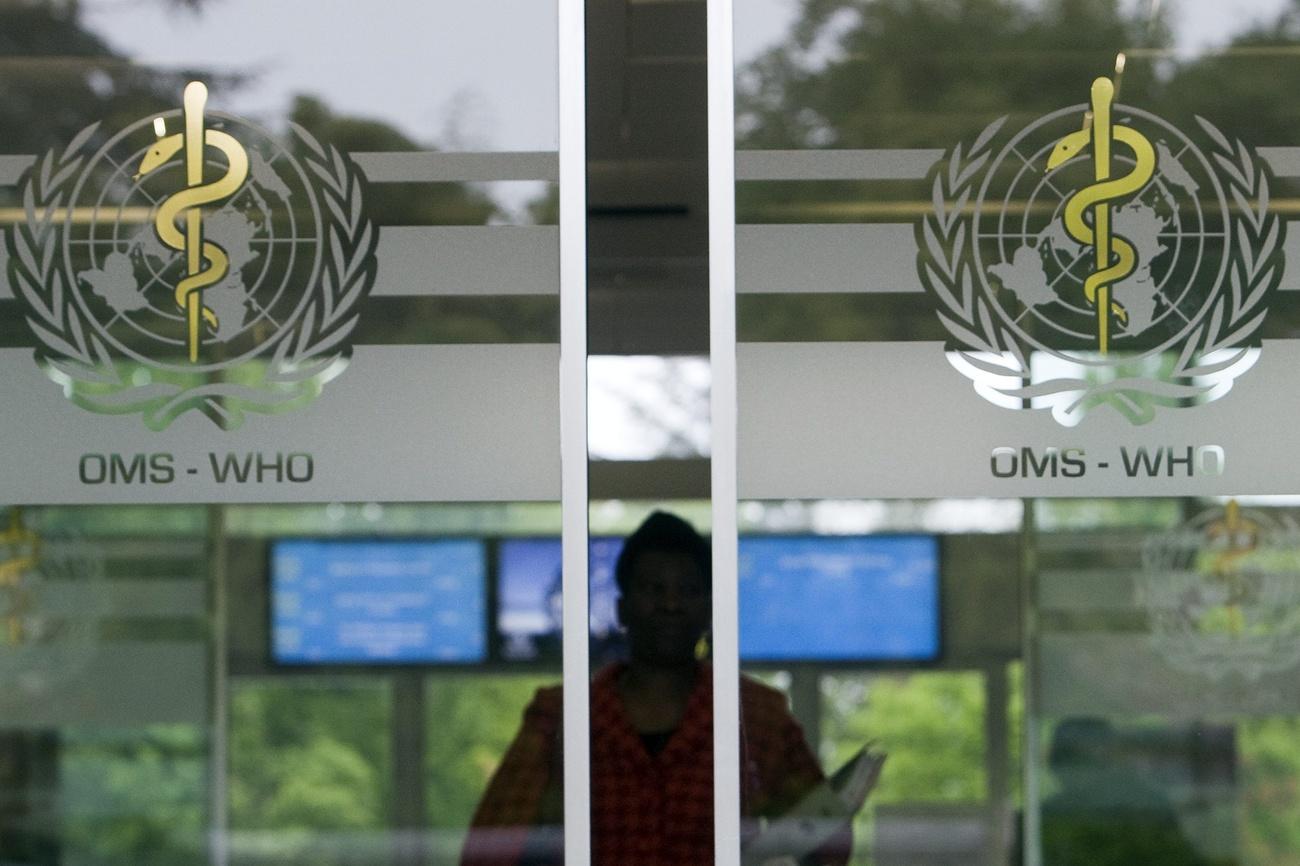
The United States has temporarily suspended its funding to the Geneva-based World Health Organization (WHO) over its handling of the coronavirus pandemic. Here is a look at most recent US contributions to the UN health agency and how the money was spent.
US President Donald Trump announced on April 14 that US contributions to the WHO would be frozen while his administration carried out a review of the organisation’s response to the pandemic. The review was likely to take 60-90 days, he said.
The US decision has sparked condemnation by numerous health experts and leaders, such as UN Secretary-General Antonio Guterres and European Union foreign policy chief Josep Borrell.
WHO Director General Tedros Adhanom Ghebreyesus said he regretted Trump’s decision but called on world unity to fight the pandemic.
“The United States of America has been a long-standing and generous friend of the WHO and we hope it will continue to be so,” Tedros told a press conference on Wednesday. “We regret the decision of the President of the United States to order a halt in the funding to the WHO.”
WHO was still examining the impact and would “try to fill any gaps with partners”, Tedros said.
Trump had accused the WHO of severely mismanaging the pandemic and covering up its spread. He also criticised its relationship with China and said the UN agency must be held accountable.
The halt to US funding, if it became permanent, would leave a huge hole in the WHO’s finances. The US is the biggest overall donor to the UN health agency, contributing roughly 15%External link of its $5.6 billion (CHF5.4 billion) budget for 2018-2019.
Polio, tuberculosis and other diseases
The WHO is financed through a mix of assessed contributions – dues countries pay in order to be a WHO member – and voluntary funding. Just over a quarter of US contributions for 2018-2019, or $237 million, were assessed. The amount a member state must pay is calculated on a sliding scale relative to the country’s wealth and population.
For 2018-2019 the US also gave $656 million in voluntary funding, earmarked to specific programmes or countries (see below).
In recent years, assessed contributions to the health agency have declined and voluntary contributions from a range of sources, public and private, have accounted for more than three-quarters of the WHO’s financing.
Here is an overview of the top ten donors to the WHO for 2018-2019.
The WHO’s polio eradication programmesExternal link received the largest chunk of earmarked US money for 2018-2019 ($158 million, or almost 30% of its entire voluntary funding during that period).
Polio-related work in Nigeria, Pakistan, Somalia, the Democratic Republic of the Congo, Afghanistan, South Sudan, Kenya and Ethiopia received the lion’s share of the money.
The US gave $100 million to the WHO’s work supporting community health programmes, primary health care, ambulance services and hospitals and other tertiary care facilitiesExternal link, mainly in Iraq, Yemen, Sudan, Syria and Afghanistan, in this time period.
It also gave $44 million to the WHO’s vaccines and preventable diseases operationsExternal link around the world, helping countries implement vaccination plans to eliminate and control diseases such as measles, rubella and hepatitis B. An additional $33 million went to work on tuberculosisExternal link.
For 2018-2019, Switzerland gave the organisation $38.8 million – $10.9 million in assessed contributions and $27.9 million in voluntary contributions. Of this $4.4 million was spent on tropical disease research, $3.1 million on research into human reproduction and $2.2 million on national health policies and strategies.

More
Coronavirus: the situation in Switzerland

In compliance with the JTI standards
More: SWI swissinfo.ch certified by the Journalism Trust Initiative

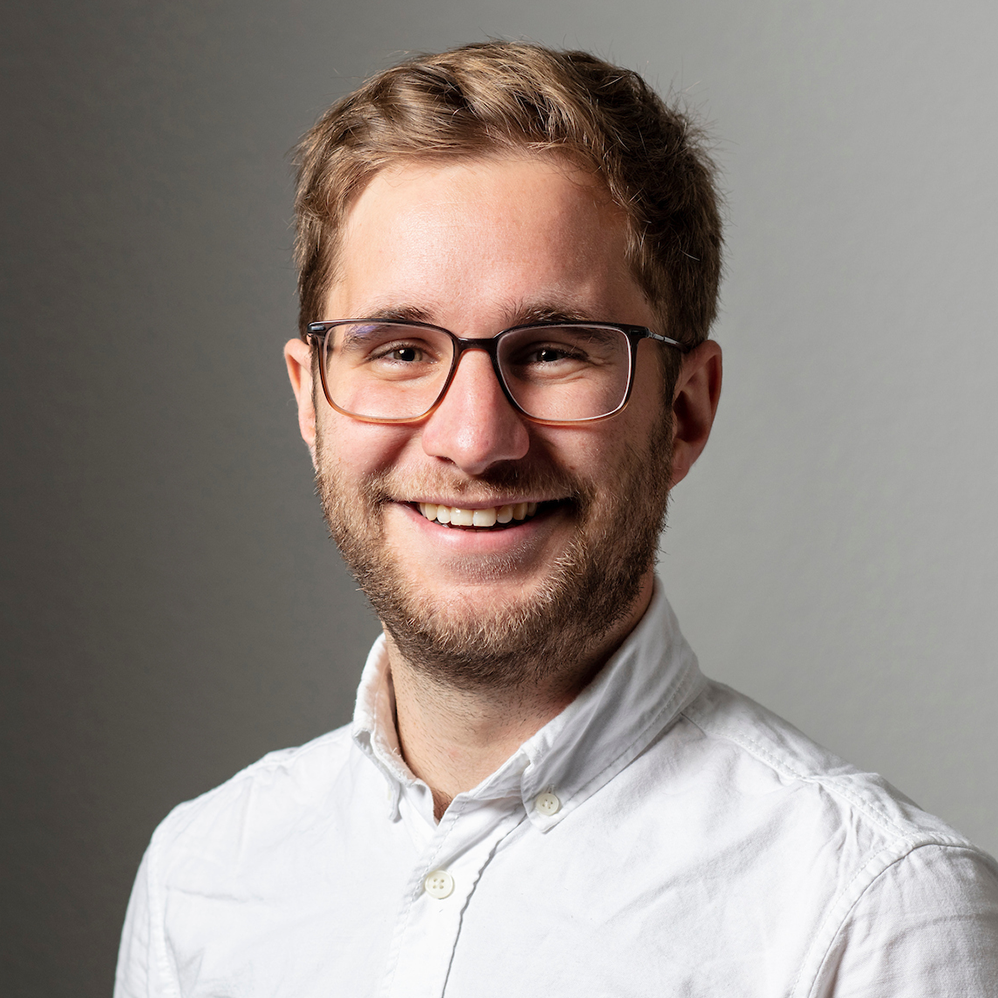








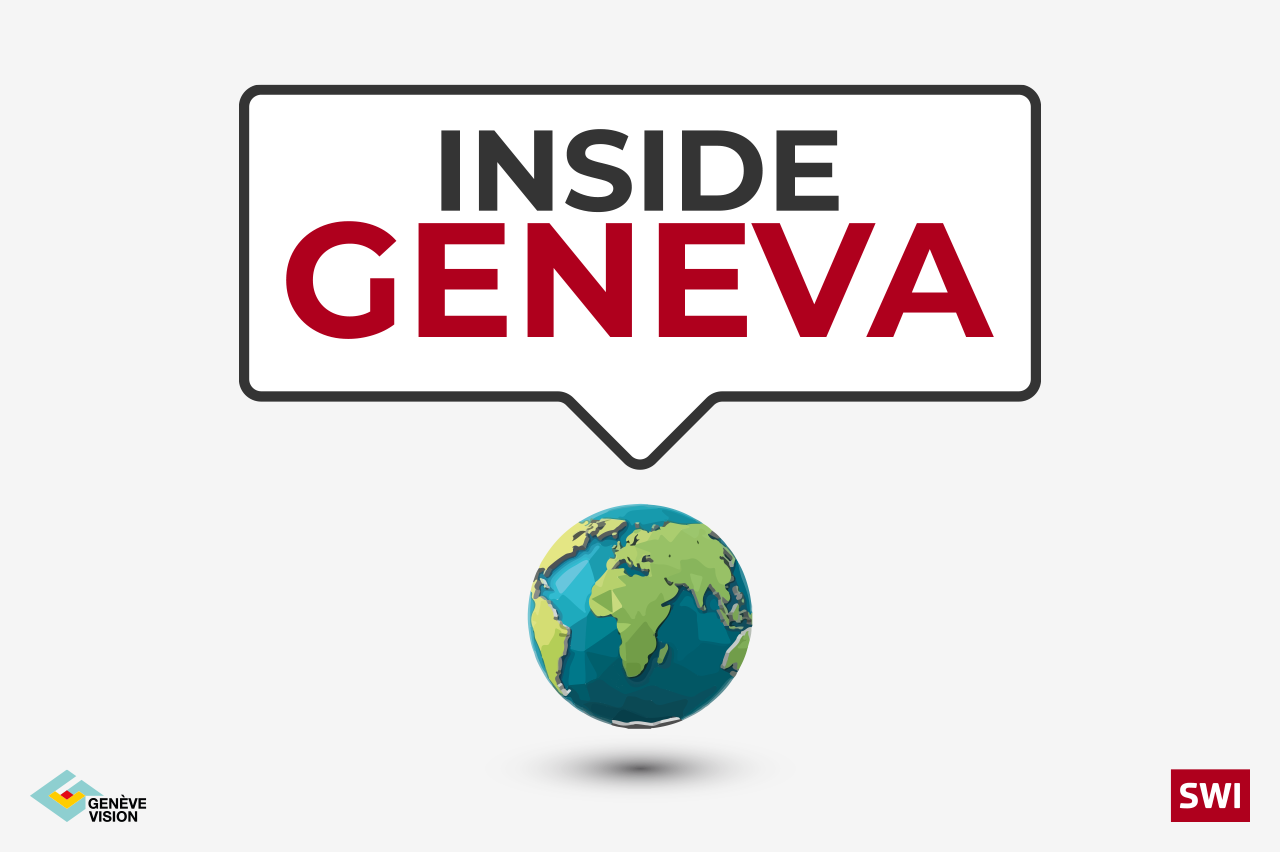
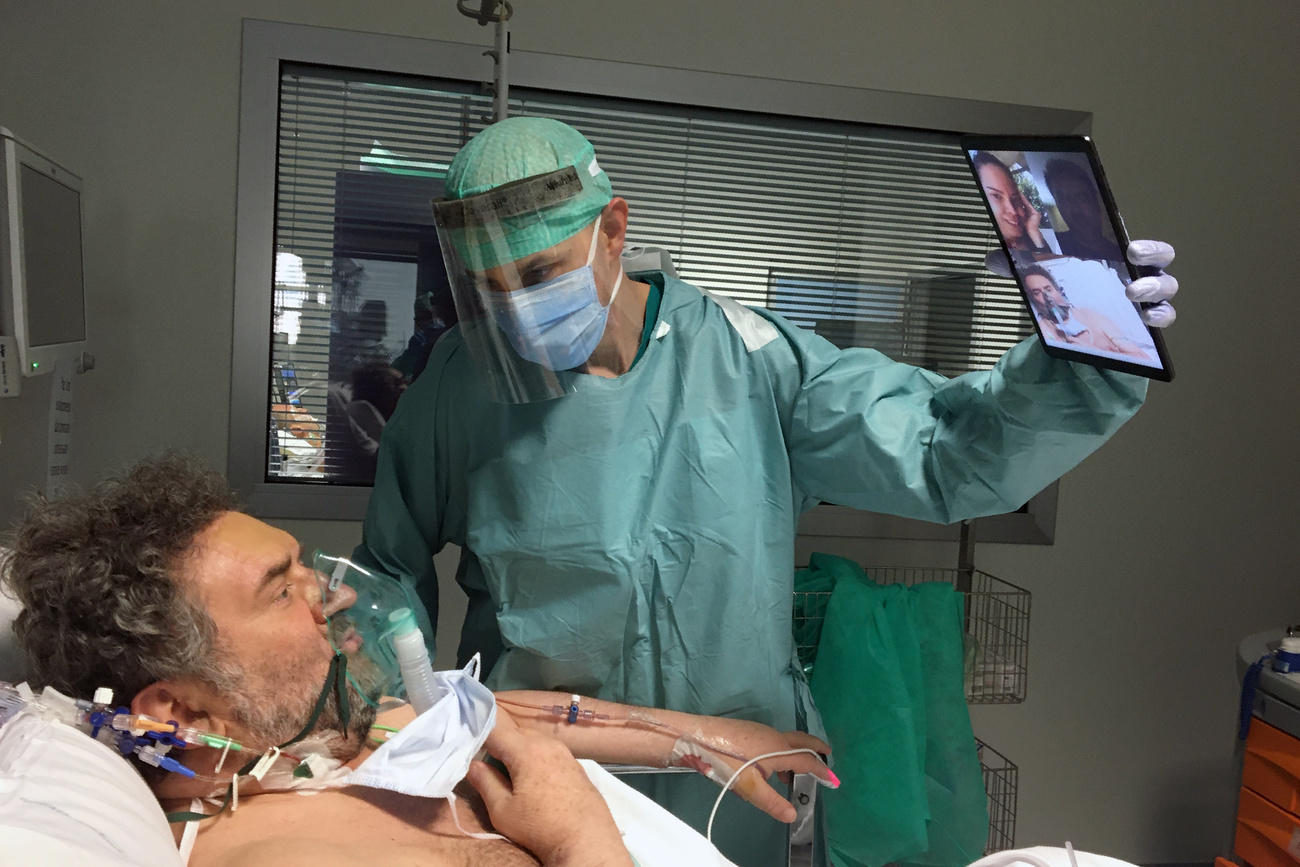
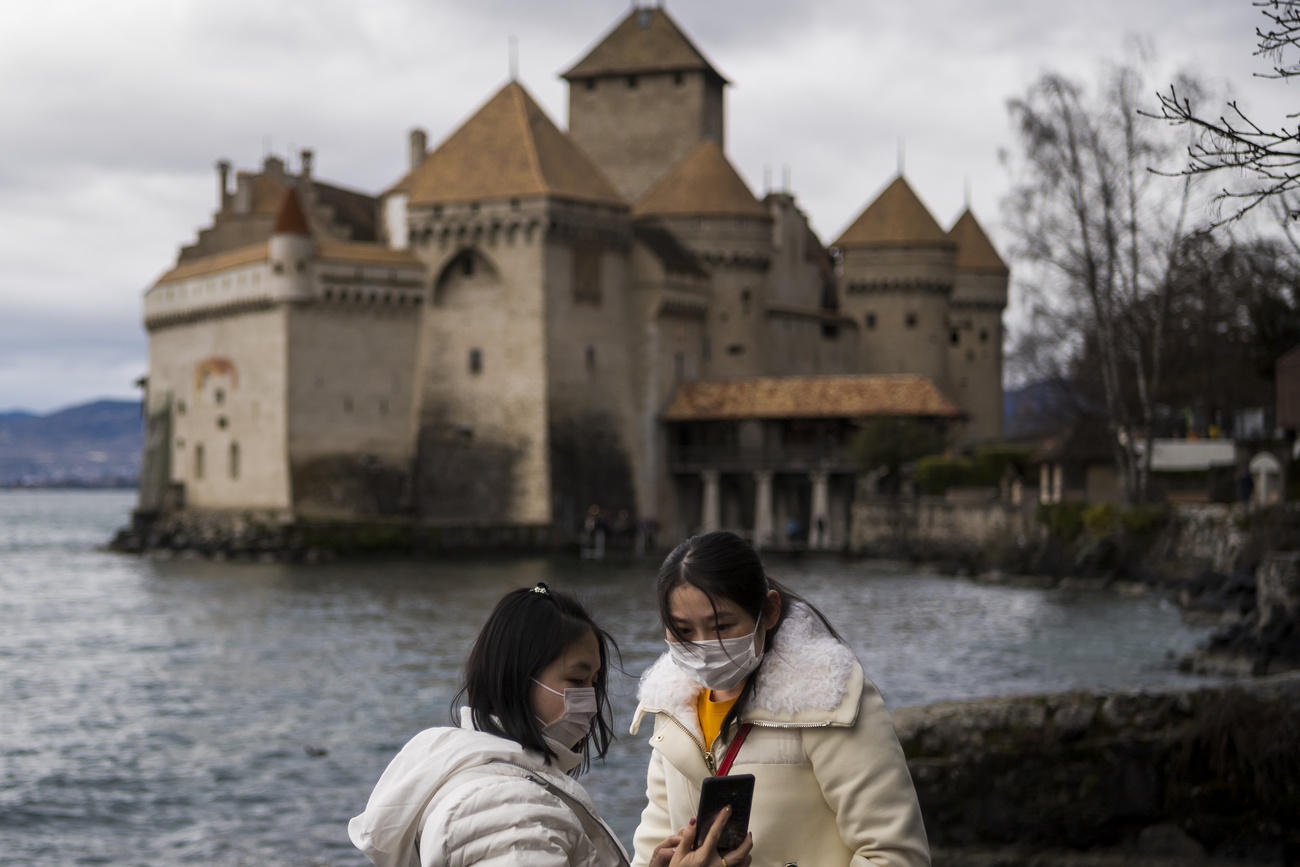
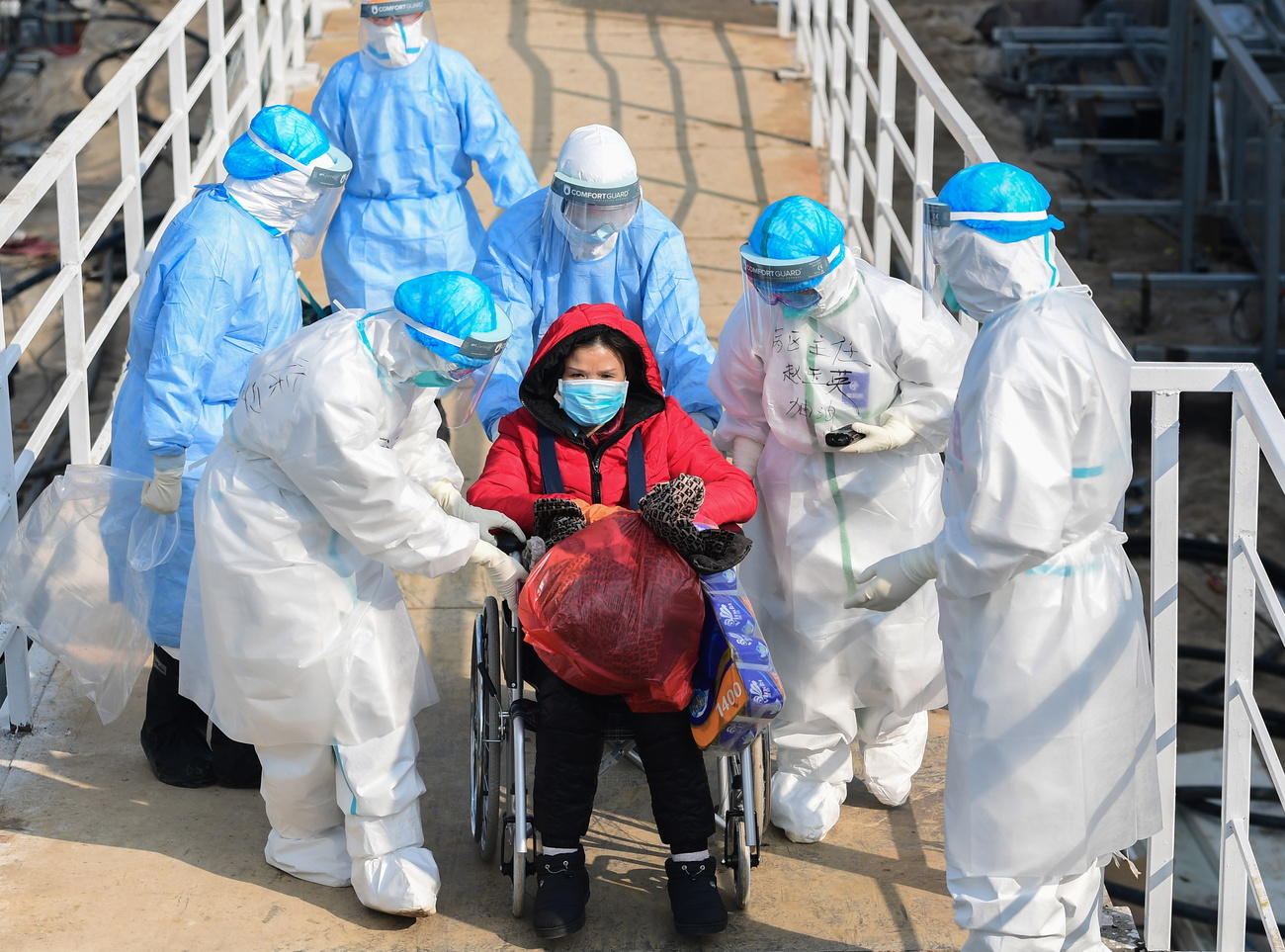

You can find an overview of ongoing debates with our journalists here . Please join us!
If you want to start a conversation about a topic raised in this article or want to report factual errors, email us at english@swissinfo.ch.